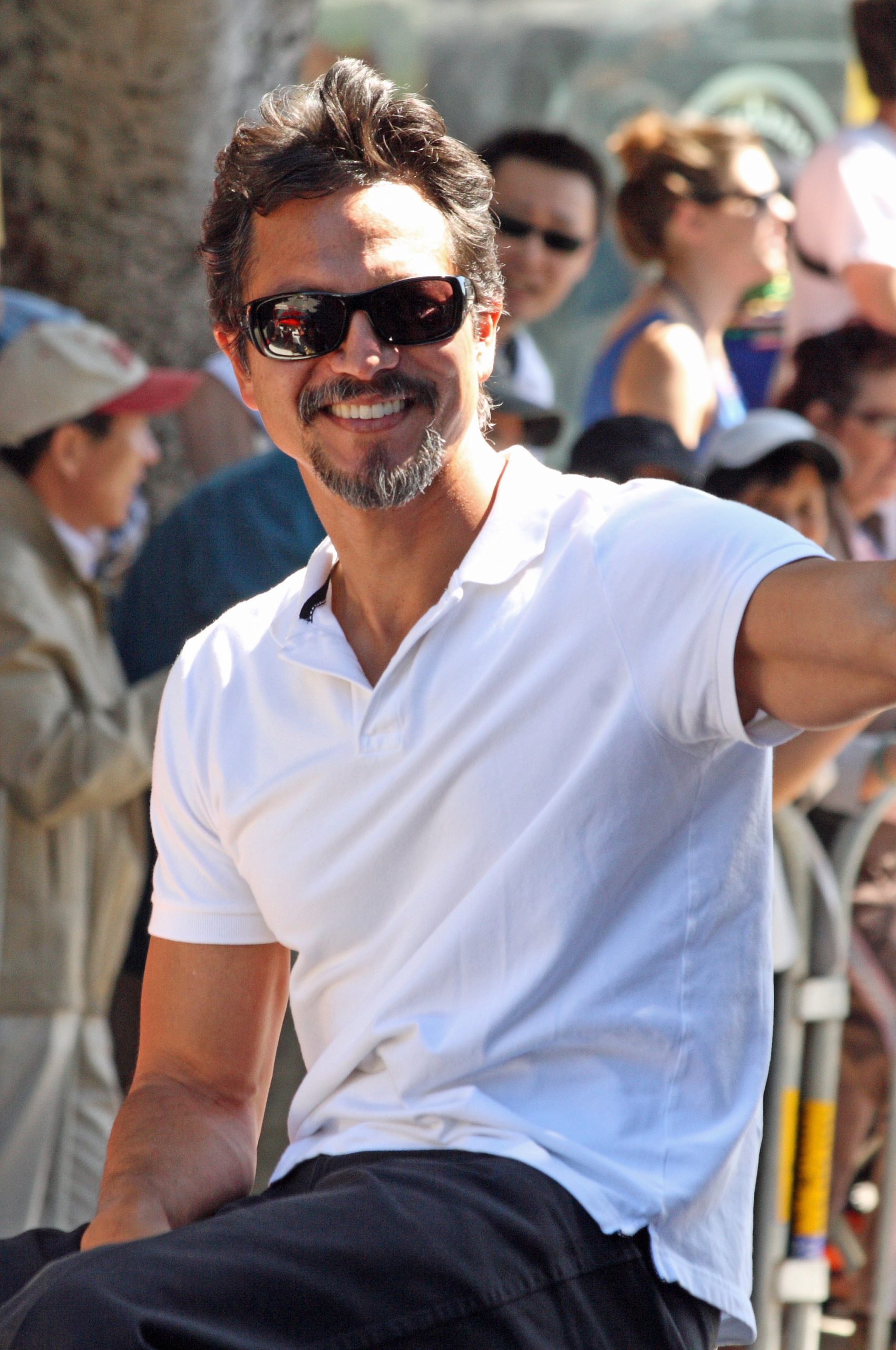Photo by Frank Kovalchek/Flickr
Scarface. The Godfather. Fixing up old cars. His eighteen-year-old son. These are the pin-ups, passion and pride, respectively, of Che Rivera, a Mexican-American single dad and the resident tough guy of San Francisco’s Mission district, the setting of Peter Bratt’s new film La Mission. Somewhat surprisingly, given the film’s marketing as a gay drama, it’s Che (played by Benjamin Bratt), not his gay son Jes, who is the central protagonist of La Mission, a film which the director describes as “less a coming-out story and more a coming-of-age one,” except it’s a grown man who ends up making the journey.
We already know from the opening scene of a glaring, muscle-flexing Bratt in front of a pair of rowdy schoolboys that Che epitomizes the concept of macho masculinity. He sports multiple tattoos and unwinds at the end of a long day with a nice, relaxing punching bag session. He’s brimming with testosterone—and completely devoted to his son Jes, an honors student planning to attend UCLA after graduation. But when Che discovers that Jes is gay, he struggles to reconcile his love for his son with the machismo-driven culture in which he was raised.
Cue a dramatic sequence of events that keeps the film constantly moving forward—even if at times it is a bit predictable and heavy-handed in its execution. In one pivotal scene, Che undergoes a symbolic “moral cleansing” ritual that literally involves a montage-induced epiphany in the pouring rain. Indeed, the entire screenplay, though a welcome and well-meaning cry against violence and discrimination, is similarly riddled with clichés.
That’s not to say that amid the derivative and the predictable, moments of poignancy and heartfelt emotion can’t be found in La Mission, but it’s not Che’s anger or Jes’ impassioned speeches that pack an emotional punch–it’s father and son tentatively dancing around the issue at hand, trying to get things back to normal, that feels the most real in its subtlety and nuance. The rest of the film’s dialogue, however, sounds like a rehashing of what Milk, Brokeback Mountain and “Glee” have already (and repeatedly) vocalized.
La Mission was screened last Thursday at De Neve Auditorium as part of UCLA’s National Coming Out Week calendar. The screening was followed by a Q&A session with director Peter Bratt and actor Jeremy Ray Valdez (who plays Jes) that was, in some ways, more inspiring than the film itself.
After obligatory questions like, “How did you feel about kissing a guy?” and “Are Jes’ tattoos for real?” the discussion moved on to a crucial topic: the film’s mainstream predecessors (mentioned above). While trying to get funding for the film in Hollywood, Bratt was told, “To be honest, it’s a little passé, Peter. Haven’t you seen Brokeback Mountain?” I have a feeling this is an attitude shared by many viewers outside LGBTQ community: that nowadays “gay rights” is being preached to the choir, that for the most part America has let go of its intolerance and accepted homosexuality.
But this attitude, Bratt noted, completely ignores the experience of ethnic minorities: “Too many people accept the white experience as the universal experience.” The issues supposedly addressed and dealt with in films like Brokeback have not come remotely close to being resolved in African-American or Latino communities, Bratt said. “When Prop. 8 was on the ballot, naturally there were plenty of activist groups parading around San Fracisco, the gay mecca of the country. But their advocacy ended at areas like the Mission district, where the vote was overwhelmingly ‘Yes.’”
What makes this film an important contribution to queer culture is its efforts to extend LGBTQ outreach to minorities. Yes, it’s a story that’s been told before. But in this case it’s being told by a voice that has thus far been neglected.
La Mission, for all its flaws, is a well-thought-out and thought-provoking film. If viewers could take away only one of its many messages, it should be this: don’t get too complacent. Clearly, the progressive movement has yet to progress far enough.
Watch the trailer:

